Sanaa, Yemen, December 26, 2024
World Health Organization (WHO)
In a dramatic turn of events, Dr. Tedros Adhanom Ghebreyesus, Director-General of the World Health Organization (WHO), narrowly escaped harm during Israeli airstrikes on Sanaa International Airport. The strikes, which targeted facilities reportedly linked to Houthi rebels, claimed the lives of three individuals and left several others injured, including a United Nations crew member.
Dr. Tedros and his team were present at the airport, preparing to board a humanitarian flight, when the facility came under heavy aerial bombardment. Although the WHO delegation managed to escape unharmed, the attack has sparked widespread condemnation and raised questions about the safety of international humanitarian missions in conflict zones.
The Incident at Sanaa Airport
According to eyewitnesses, the airstrikes began in the early hours of December 26, targeting multiple locations within the Sanaa International Airport compound. The Israeli Defense Forces (IDF) later confirmed that the strikes were part of a broader military operation against the Iran-backed Houthi rebels, who have been accused of launching missile and drone attacks against Israel.
Dr. Tedros took to social media shortly after the incident, describing the ordeal. “We were minutes away from boarding our flight when the airport was bombarded. My team (WHO) and I are safe, but one of our crew members was injured. This is a stark reminder of the dangers humanitarian workers face in conflict zones,” he tweeted.
The airstrikes left parts of the airport infrastructure severely damaged, forcing the suspension of all flights and disrupting critical humanitarian operations. At least three fatalities were reported, along with multiple injuries, including personnel associated with international aid agencies.
Escalation of the Israel-Houthi Conflict
The airstrikes come amid escalating tensions between Israel and the Houthi rebels in Yemen. Over the past month, the Houthis have intensified their missile and drone attacks on Israeli territory, citing solidarity with Gaza in the ongoing Israel-Palestine conflict. In response, Israel has launched a series of retaliatory strikes aimed at degrading the Houthis’ military capabilities.
The IDF stated that the airstrikes on Sanaa Airport targeted “strategic facilities used for military logistics and operations.” Israeli officials have expressed concern over the Houthis’ growing arsenal of long-range missiles and drones, which they claim are supplied by Iran.
“This operation was essential to protect Israeli citizens and to send a clear message that cross-border aggression will not be tolerated,” an IDF spokesperson said.
Impact on Humanitarian Operations
The attack has drawn sharp criticism from international organizations, including the United Nations, which has emphasized the critical role of Sanaa Airport in delivering humanitarian aid to millions of Yemenis affected by the ongoing civil war. UN Secretary-General António Guterres condemned the airstrikes, calling them a violation of international law and a threat to humanitarian efforts.
“The targeting of civilian infrastructure, including an airport critical for aid delivery, is unacceptable. We urge all parties to exercise restraint and prioritize the protection of civilians and humanitarian workers,” Guterres said in a statement.
Yemen has been grappling with one of the world’s worst humanitarian crises, with over 21 million people two-thirds of the population in need of assistance. The conflict between the Saudi-backed Yemeni government and the Houthi rebels has devastated the country’s infrastructure, leaving millions on the brink of starvation.
Global Reactions
The incident has sparked global outrage, with several countries and organizations calling for an immediate cessation of hostilities. The European Union expressed deep concern over the escalation, urging both Israel and the Houthis to engage in dialogue to prevent further loss of life.
Human rights organizations have also criticized the airstrikes, highlighting the risks posed to humanitarian workers and civilians in conflict zones. Amnesty International released a statement condemning the attack, stating, “The bombing of Sanaa Airport not only endangers lives but also hampers critical humanitarian operations that millions of Yemenis rely on.”
The Road Ahead
As the situation in Yemen grows increasingly volatile, the international community faces mounting pressure to intervene and facilitate peace negotiations. The United Nations has reiterated its commitment to supporting a political resolution to the conflict, but progress remains elusive amid escalating violence.
For Dr. Tedros and his team, the ordeal underscores the perils faced by those working in some of the world’s most dangerous environments. The WHO chief reaffirmed his commitment to supporting Yemen’s healthcare system, despite the risks involved. “We will not be deterred. Our mission to provide lifesaving aid to the people of Yemen remains unwavering,” he said (WHO).
Conclusion
The airstrikes at Sanaa International Airport, which claimed three lives and injured several others, serve as a grim reminder of the complexities and tragedies of modern warfare. As Yemen’s humanitarian crisis deepens, the safety of aid workers and civilians remains a critical concern. The incident also highlights the urgent need for diplomatic efforts to de-escalate tensions and prioritize the welfare of those caught in the crossfire.
(WHO)
World Health Organization (WHO)
Also Read- 1. Pakistan’s Second Airstrike on Afghanistan’s Paktika Province in 2024 Kills 46, Mostly Women and Children
2. Manmohan Singh Passes Away at 92: India Mourns the Loss of Its Esteemed Economist-Prime Minister
Reference- To Know More Click Here.

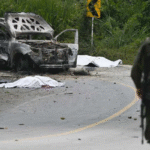

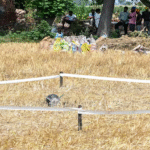
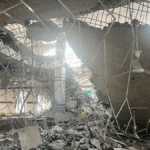




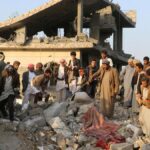

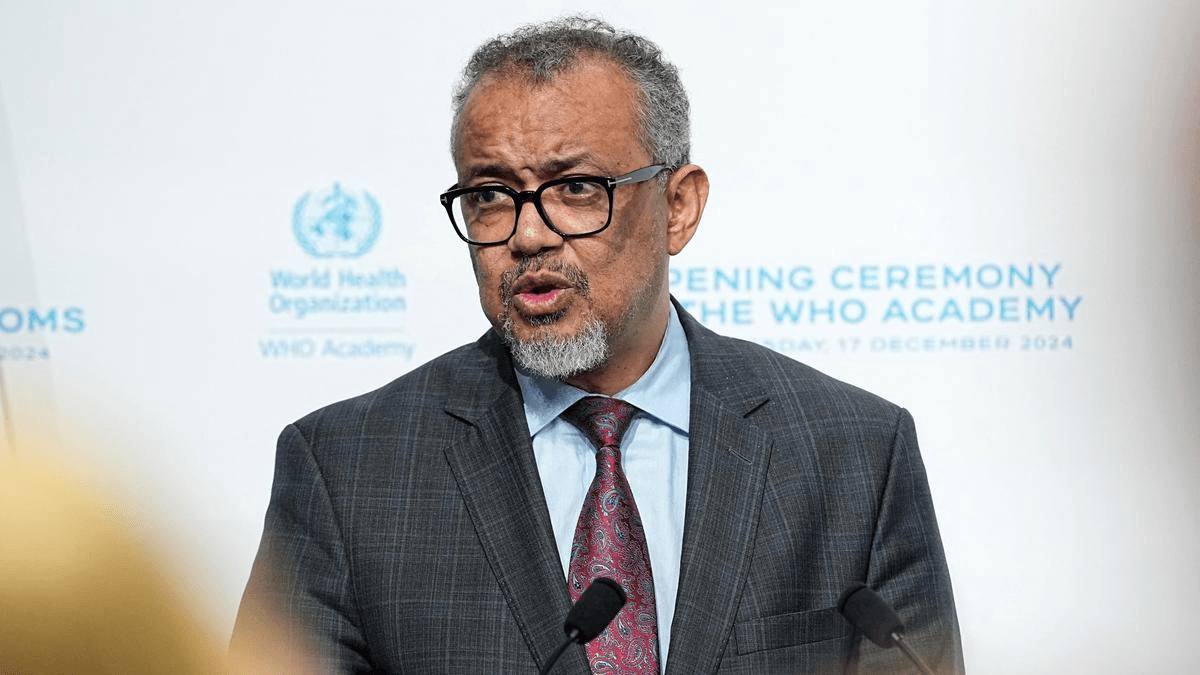


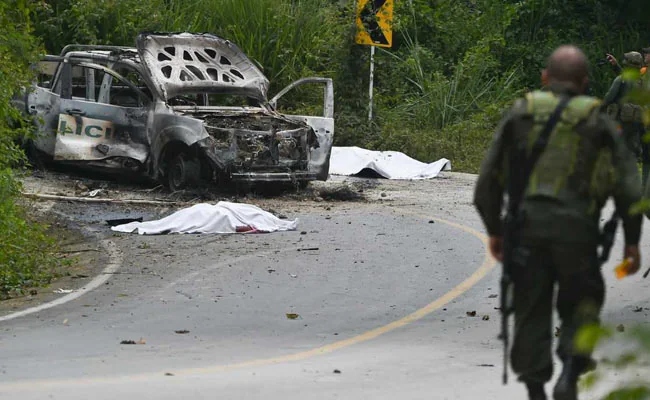

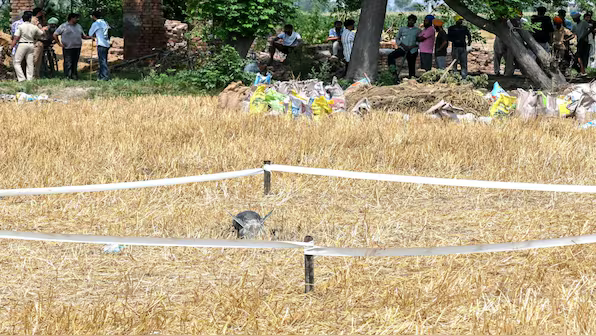
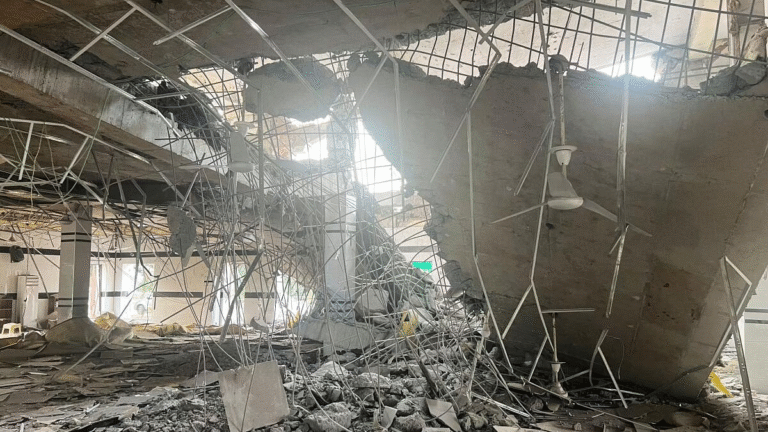
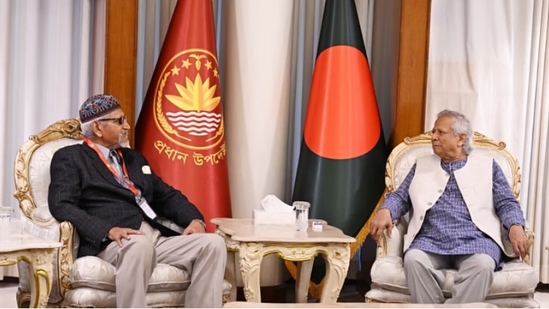

2 thoughts on “WHO Chief Narrowly Escapes Israeli Airstrikes in Yemen: 3 Dead and Several Injured at Sanaa Airport”